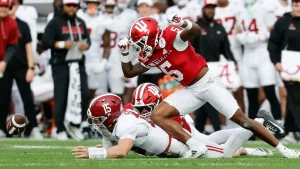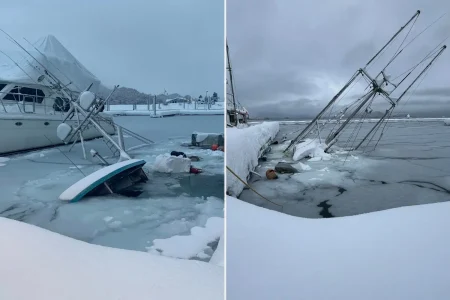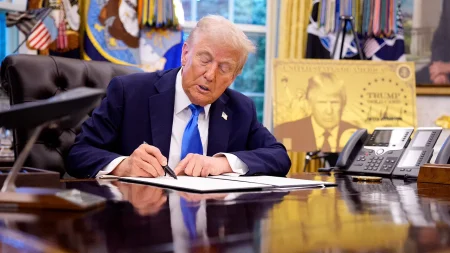The political landscape of South Korea has been rocked by accusations that President Yoon Suk Yeol attempted to instigate an insurrection by declaring martial law, an act that plunged the nation into a deep political and social crisis. The investigation centers around the circumstances leading to the declaration and the President’s subsequent actions, examining whether they constituted an illegal seizure of power or an overreach of executive authority. The allegations, if proven true, would represent a grave betrayal of the democratic principles upon which South Korea is founded and could have far-reaching consequences for the country’s stability and future. The controversy has galvanized both supporters and opponents of the President, further dividing a nation already grappling with complex political and economic challenges.
The investigation into the alleged insurrection attempt is multifaceted and involves scrutinizing a series of events leading up to the declaration of martial law. Investigators are examining the President’s communications, meetings with key advisors, and public statements to determine whether there was a premeditated plan to seize power unconstitutionally. A crucial aspect of the investigation involves analyzing the justification provided for the declaration of martial law. Was there a genuine threat to national security that warranted such an extreme measure, or was the declaration a pretext for a power grab? The investigation will likely delve into intelligence reports, security assessments, and internal government documents to uncover the true nature of the perceived threat and the President’s motives. The involvement of military officials in the decision-making process and their subsequent actions following the declaration will also be under intense scrutiny.
The imposition of martial law had immediate and profound consequences for South Korean society. Civil liberties were curtailed, freedom of movement was restricted, and the military assumed a heightened role in maintaining order. The investigation will undoubtedly explore the impact of these restrictions on the lives of ordinary citizens, examining whether the measures taken were proportionate to the alleged threat and whether they adhered to international human rights standards. The economic fallout from the crisis will also be a subject of investigation, as the instability and uncertainty caused by the declaration likely had significant repercussions for businesses, investors, and the overall economic health of the nation. Understanding the full extent of the social and economic damage caused by the crisis is crucial for holding those responsible accountable and for implementing measures to prevent similar events from occurring in the future.
The political ramifications of the alleged insurrection attempt are far-reaching and complex. The investigation itself has become highly politicized, with both supporters and detractors of the President accusing the opposing side of manipulating the narrative for political gain. The investigation is testing the resilience of South Korea’s democratic institutions, particularly the judiciary’s ability to conduct an impartial investigation under intense political pressure. The outcome of the investigation will have profound consequences for the balance of power within the government and could lead to significant political realignments. If President Yoon is found to have attempted an insurrection, it could trigger impeachment proceedings, a constitutional crisis, and potentially even a snap election.
The international community is closely watching the unfolding events in South Korea. The stability of the Korean peninsula is of vital strategic importance to the region and the world, and any significant political upheaval could have regional and global implications. The investigation into the alleged insurrection attempt underscores the fragility of democratic systems and the importance of upholding the rule of law. The international community will be looking for assurances that South Korea remains committed to democratic principles and that the investigation is conducted transparently and impartially. The outcome of the investigation could influence how other countries perceive South Korea’s political stability and could impact its international relationships and standing.
The investigation into President Yoon Suk Yeol’s actions represents a critical juncture in South Korea’s history. The outcome of this investigation will not only determine the fate of the President but also shape the future of South Korean democracy. It will test the strength of the country’s institutions, the resilience of its civil society, and its ability to uphold the principles of justice and accountability. The investigation will also serve as a stark reminder of the fragility of democratic systems and the constant vigilance required to protect them from those who would seek to undermine them for their own gain. The world is watching, and the stakes could not be higher for South Korea and its people.










